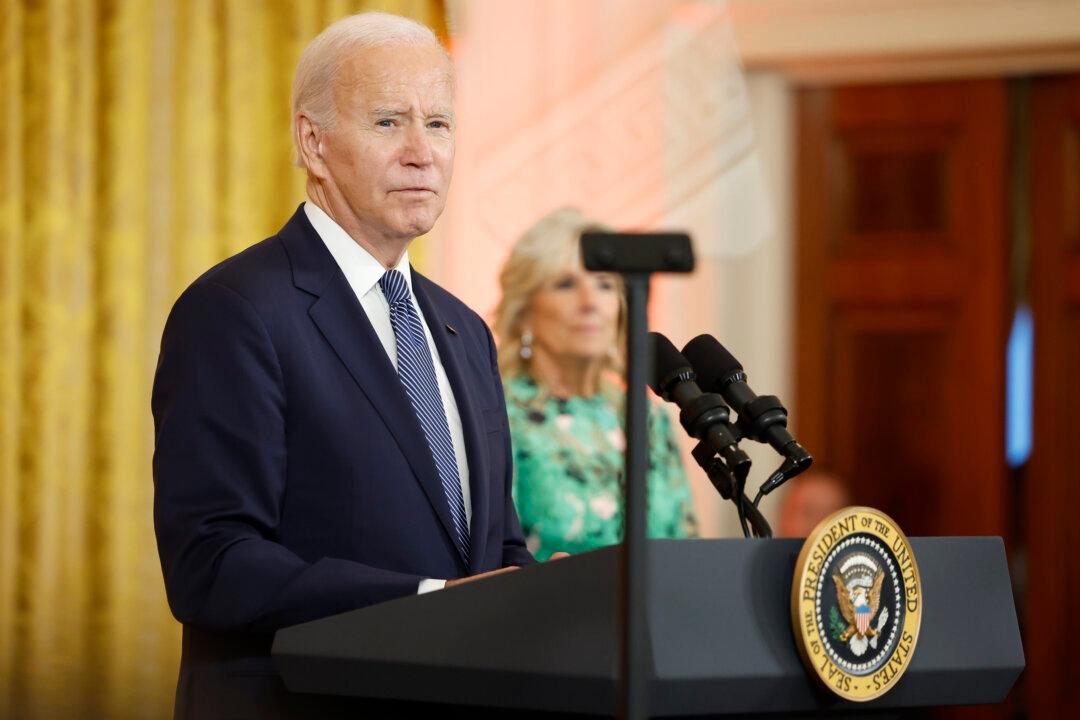President Joe Biden will announce the injection of $36 billion in funding to bolster the multi-employer Central States Pension Fund and prevent “drastic cuts” to the pensions of more than 350,000 union workers and retirees on Dec. 8.
According to the Biden administration, the funding was approved by the Pension Benefit Guaranty Corporation (PBGC) and is the largest-ever amount of federal aid awarded to a pension fund.





